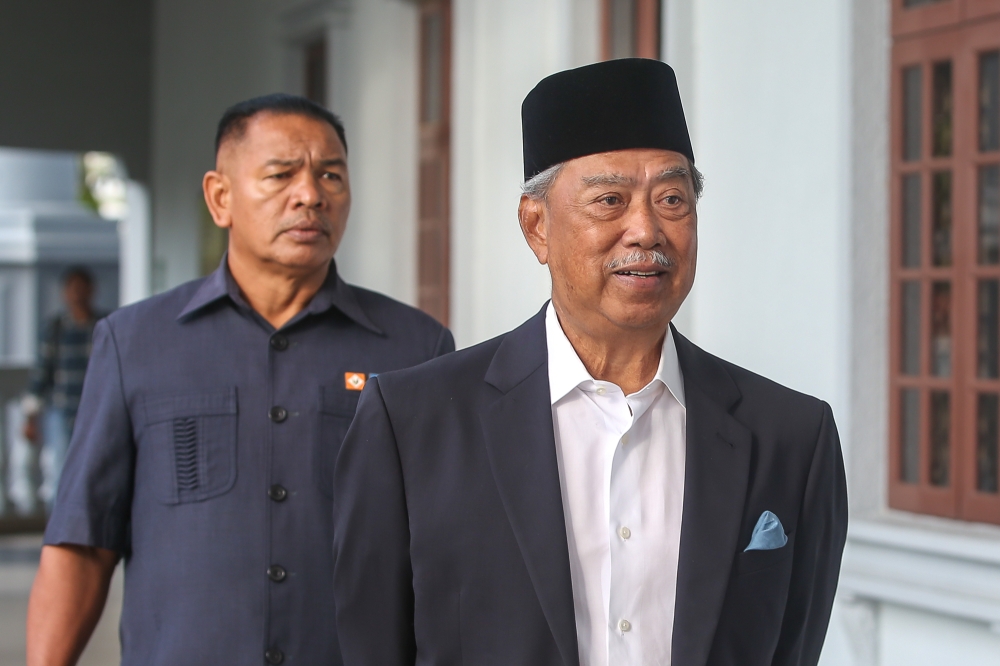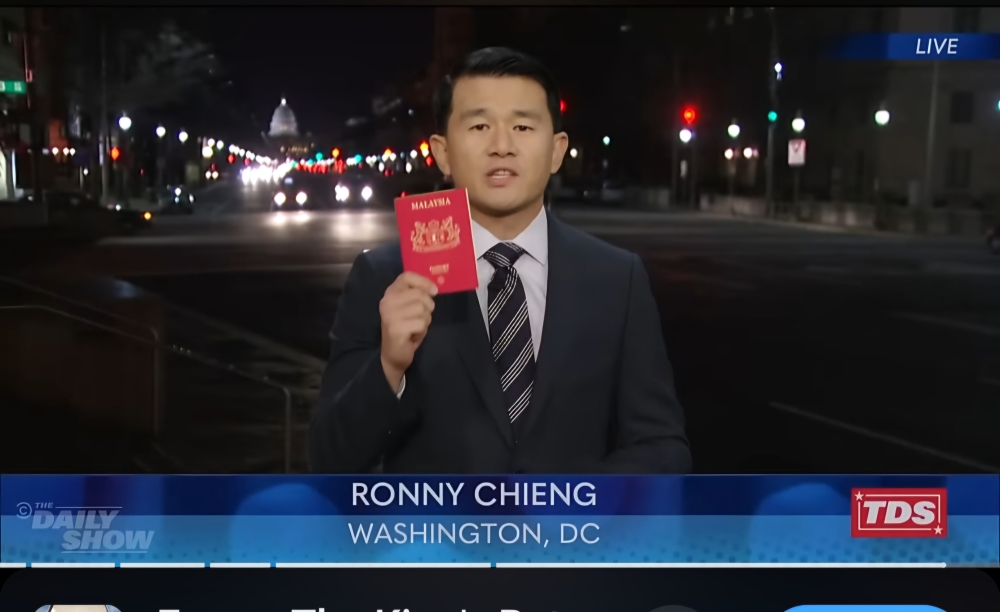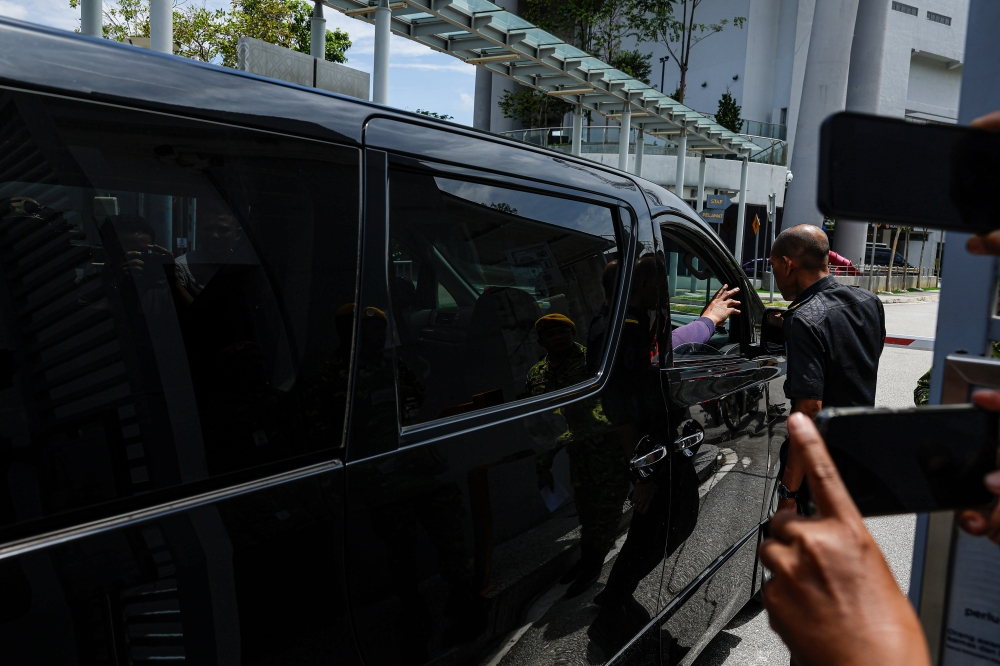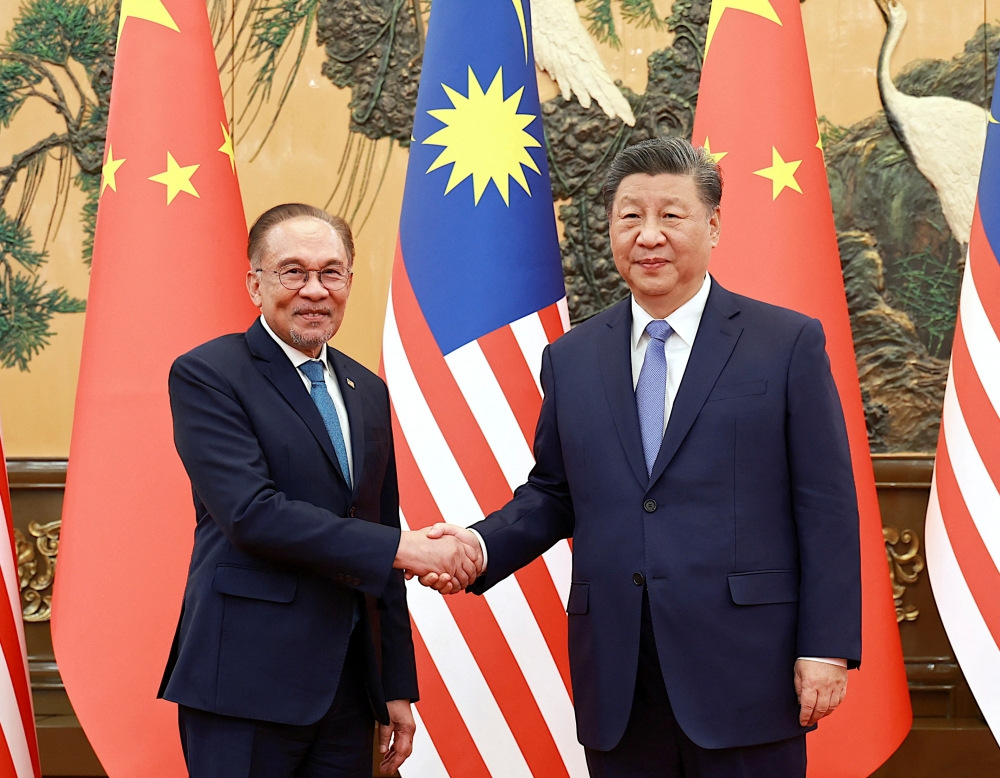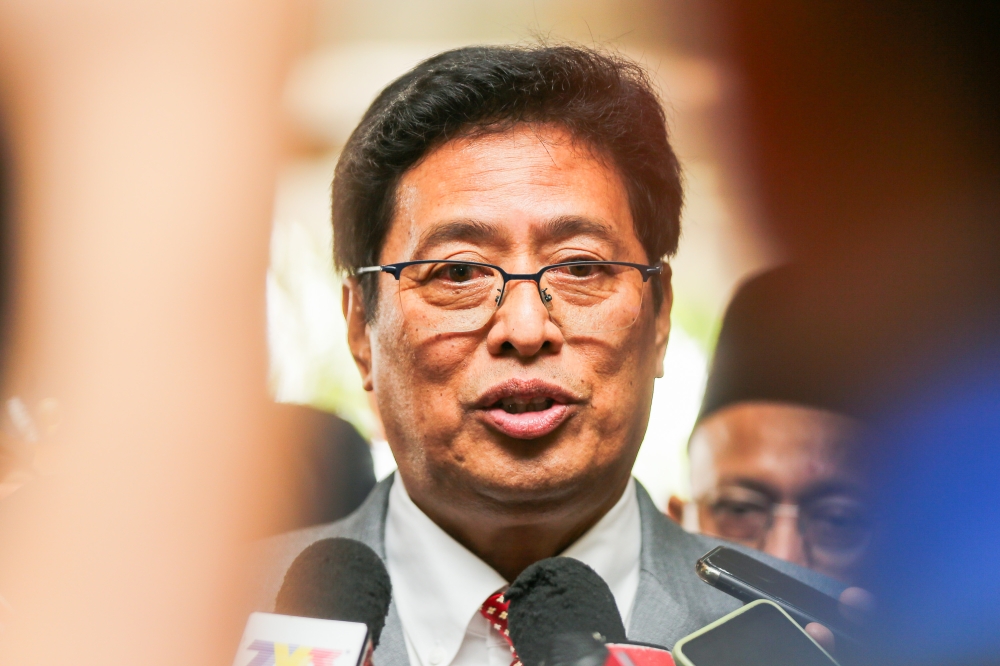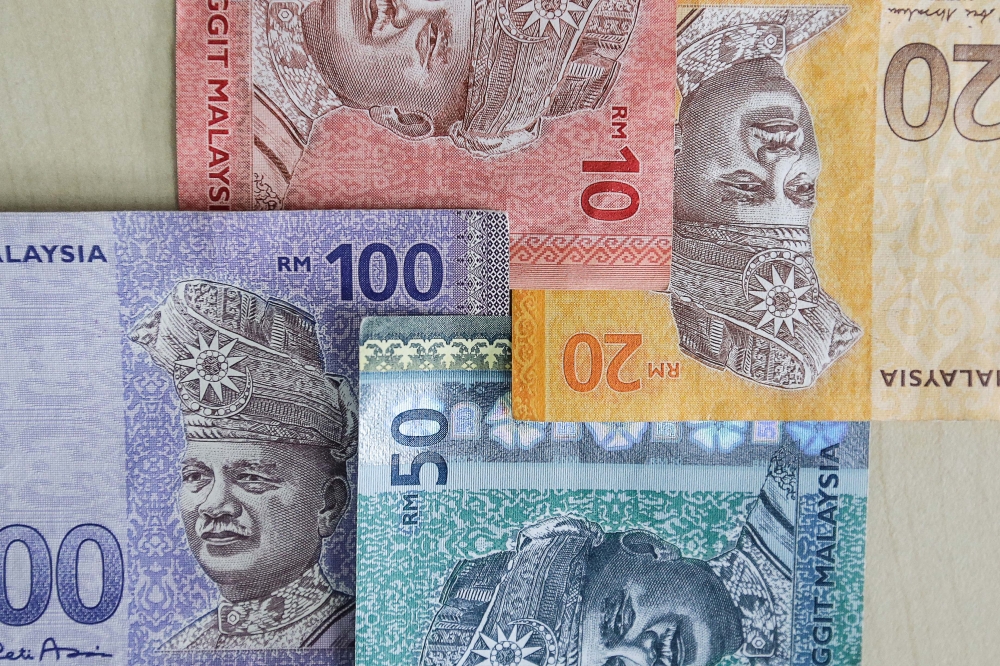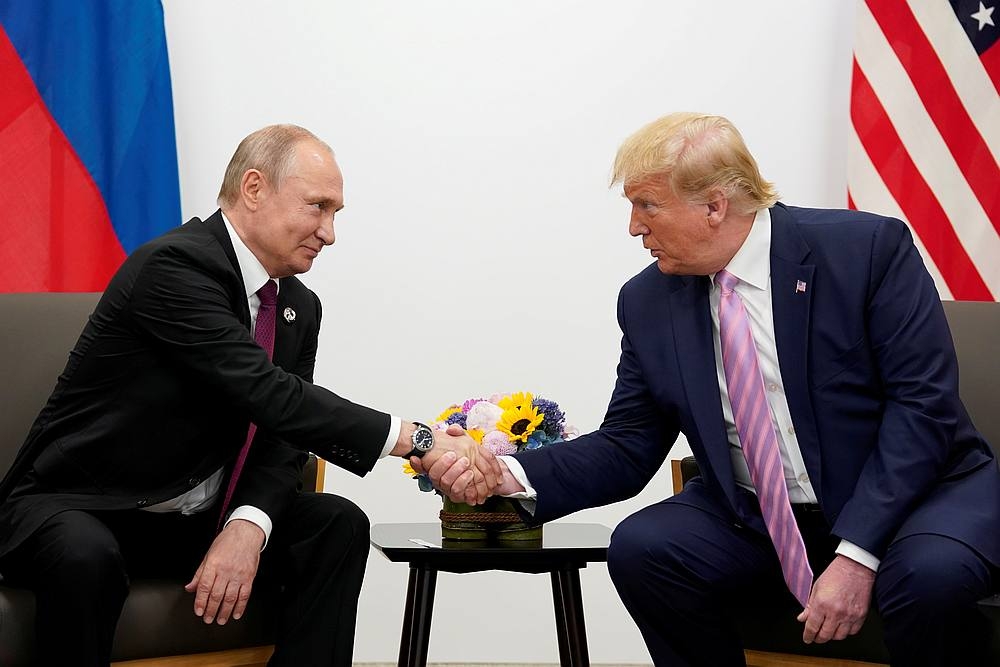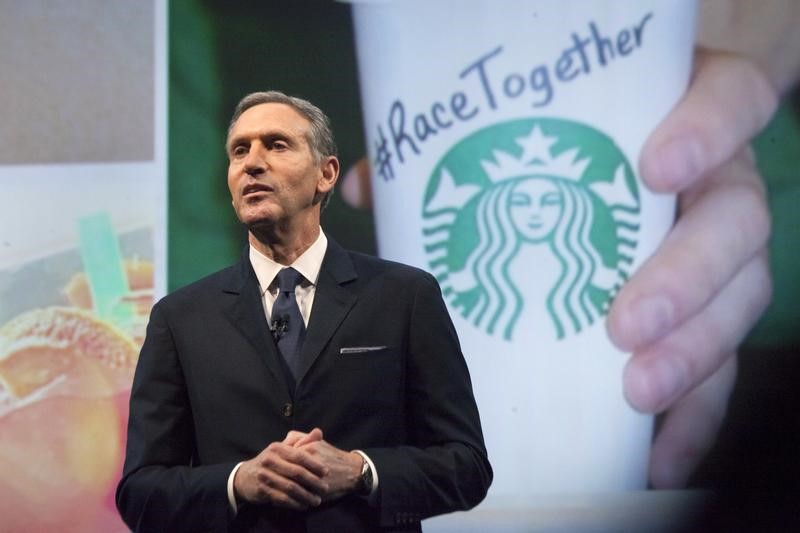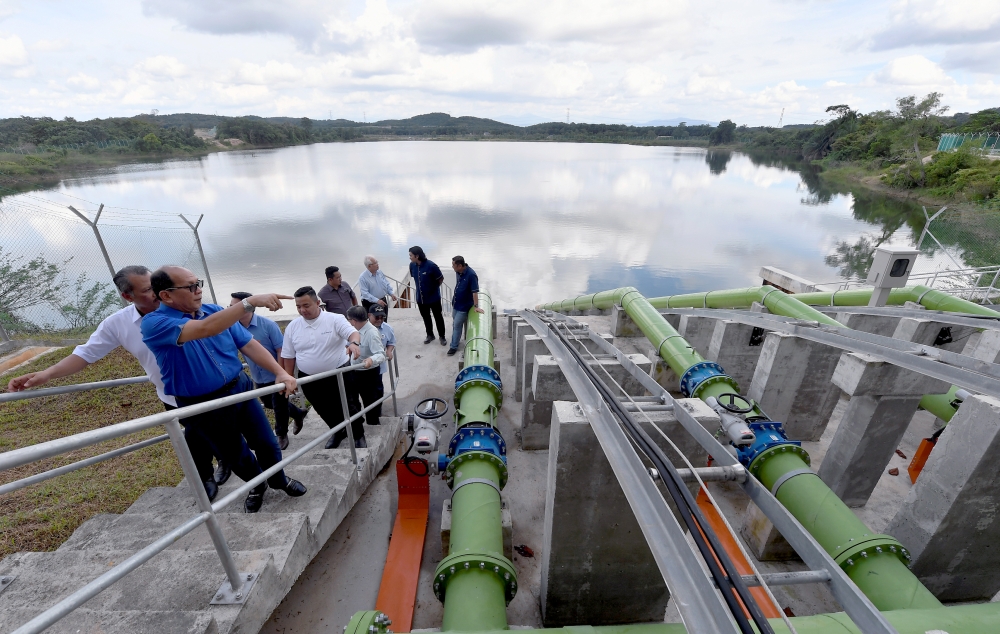NEW YORK, March 17 — Longtime Starbucks chief Howard Schultz will return to the helm of the global coffee shop chain, the company announced Wednesday, serving as interim CEO during the search for a new leader amid a growing unionisaation drive.
Kevin Johnson, who has led the coffee giant since 2017, plans to retire next month, the company said, adding it expects to name a new CEO by the fall.
Schultz, 68, who first joined the company in 1982, grew Starbucks from a small Seattle coffee chain into a global juggernaut in his two stints as chief executive.
He also flirted with running for the US presidency in 2020, but ultimately opted against seeking office. His real-time wealth was valued at US$4 billion (RM16.8 billion) on Wednesday, according to a Forbes list of the richest people in the world.
“When you love something, you have a deep sense of responsibility to help when called,” Schultz said. “Although I did not plan to return to Starbucks, I know the company must transform once again to meet a new and exciting future where all of our stakeholders mutually flourish.”
Shares of the coffee chain rocketed higher Wednesday, even as union leaders expressed misgivings about Schultz.
‘Reputational risk’
With more than 34,000 stores worldwide, Starbucks reported a record US$29.1 billion in annual revenues last year but has struggled of late to manage rising costs amid a tight labour market and supply chain problems.
Besides inflation, which is a headwind challenging companies throughout the economy, Starbucks is confronting a growing wave of unionization campaigns that has spread to more than 100 US stores after workers at two upstate New York cafes voted to form a union in December.
Johnson, 61, told the board a year ago that he was considering retiring in the wake of the upheaval of the pandemic, calling the decision “a natural bookend to my 13 years with the company,” according to the company press release.
Starbucks said it had enlisted recruitment firm Russell Reynolds Associates in “continuous CEO succession planning” since 2021.
The union movement poses challenges for the chain, which has been viewed as a worker-friendly company by many political progressives in the United States given its stance on gay marriage, race relations, the environment and other issues.
On Tuesday, the National Labor Relations Board filed a complaint against Starbucks, saying the company engaged in unfair labor practices towards union supporters at a cafe in Phoenix, Arizona.
Starbucks’ tactics to discourage workers from unionization poses “reputational risk,” shareholder activists argued in a letter sent to Johnson and Starbucks Chair Mellody Hobson ahead of the company’s annual meeting later Wednesday.
Highlighting “alleged retaliatory termination and continued captive audience meetings,” the shareholder group urged Starbucks to “publicly commit to a global policy of neutrality.”
The group includes Trillium Asset Management, Parnassus Investments and other Starbucks shareholders.
But during the meeting, Hobson said neutrality in the context of unionization “limits our ability to speak to our partners in certain ways and that goes directly against the DNA of the company.”
But she added, “We absolutely understand and recognize the right of our partners to organize.”
Looking externally
News of Schultz’ return drew a cool response from Starbucks Workers United, the labor group that referred to the executive as a “leader in Starbucks’ anti-union campaign.”
Ahead of the union vote, Schultz visited Buffalo in November to try to persuade workers against voting for the group.
And in a letter to workers, he highlighted the benefits the company provides, including health care and free college tuition, saying he was “saddened and concerned” that employees felt outside representation was needed.
But staff at two Buffalo cafes voted with Starbucks Workers United on December 9. Since then, additional Buffalo-area shops have also voted with the group, along with a cafe in Mesa, Arizona, while employees at dozens more are working to form a union.
Equity analysts at investment firm Cowen said they were “a bit surprised” that Starbucks was searching for external CEO candidates, naming a number of high-ranking executives who could have taken over.
“We note a strong internal bench, but believe unionization publicity could be a factor pushing the company to look externally,” Cowen said in a note.
Shares of Starbucks jumped 5.2 per cent to US$87.41. — AFP


